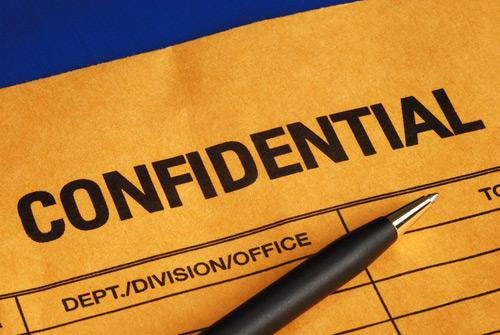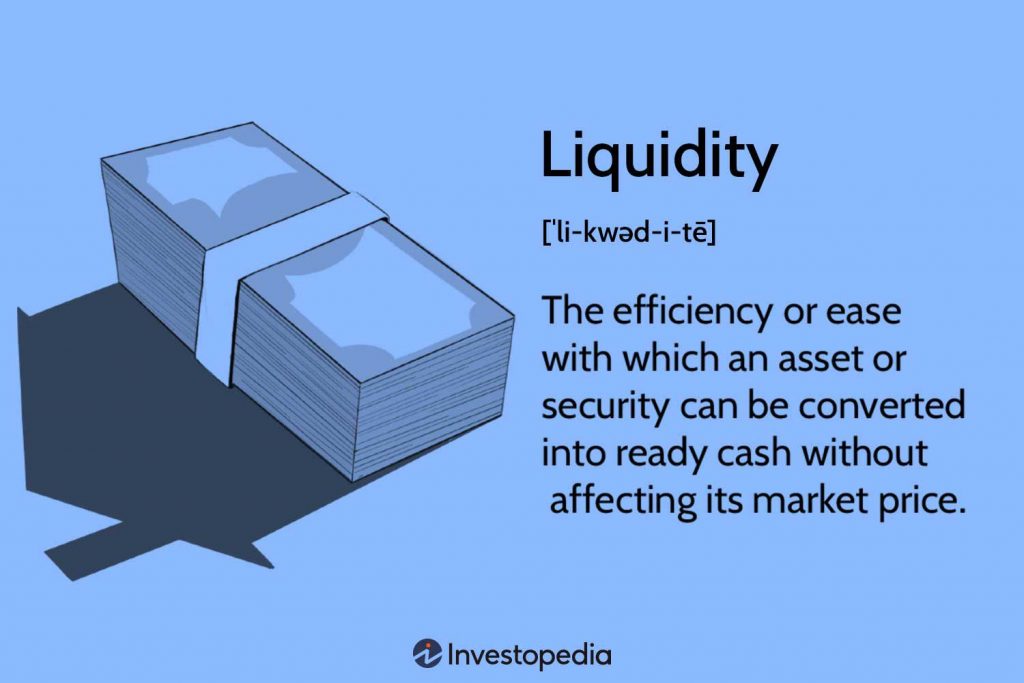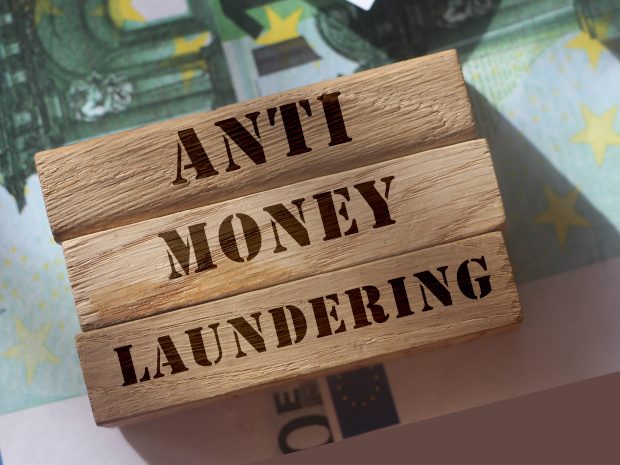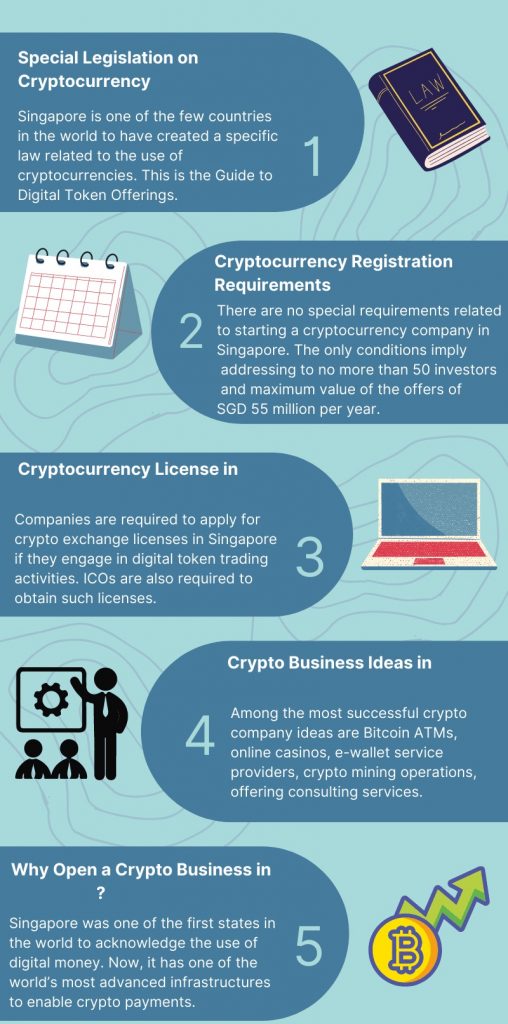Crypto license Lithuania
The Lithuanian government has made impressive strides in integrating the blockchain and cryptocurrency industry. One of the country’s most recent initiatives is the introduction of a crypto license.
A crypto license authorizes an entity to carry out various cryptocurrency-related activities, including the purchase, sale, and exchange of digital assets.
Features of Crypto License in Lithuania
Сrypto license Lithuania is granted by the country’s central bank, the Bank of Lithuania. To acquire the license, individuals and companies must comply with specific conditions, such as ensuring a reliable business model, carrying out necessary KYC, and having a strong cybersecurity system in place. approved entities may engage in the following crypto activities:
- Cryptocurrency exchange services – both fiat-to-crypto exchanges and crypto-to-crypto exchanges;
- Cryptocurrency wallet services – storage of digital assets;
- Initial Coin Offerings – raising capital through the issuance of cryptocurrencies;
- Cryptocurrency mining and other related activities.



Advantages of Crypto License in Lithuania

Acquiring Lithuania’s crypto license presents several benefits for businesses operating in the cryptocurrency industry. Legitimization – The license differentiates licensed businesses from unlicensed entities, increasing the trust of investors and clients. Greater liquidity – Licensed businesses can operate with ease within the legal framework and reduce hurdles in accessing traditional banking and payment solutions. Jurisdictional exposure – Accessing a broader market, expanding the operation’s reach of an entity registered in Lithuania.
Protection – licensed companies can assure their clients and investors of the highest cybersecurity and compliance standards, protecting them from scams and hacks.
Terms of Crypto License in Lithuania
Lithuania’s crypto license’s terms are straightforward and easy to understand, taking into account the necessary risk management measures. Any licensed entity must comply with specific guidelines to maintain their license. Anti-money laundering (AML) regulations – Following necessary anti-money laundering protocols, including customer identification, reporting suspicious activities, among other things.
Risk management and compliance – All operations must be carried out within the legal frameworks, ensuring that businesses are not involved in illegal activities. Weights and measures – A reliable trading mechanism must be put in place, protecting clients against any unfair or harmful practices.


Procedure for Obtaining Crypto License in Lithuania
Acquiring Lithuania’s crypto license involves a few simple and straightforward steps:
- Step 1: Setting up a legal entity – Entities must be set up and registered in Lithuania before applying for a crypto license.
- Step 2: Submitting the application – The application process is online and requires entities to provide necessary information about the entity and its business model.
- Step 3: Compliance with KYC/AML – Applicants are required to comply with all KYC/AML regulations, including conducting customer due diligence and identifying high-risk clients.
- Step 4: Review of application – After submission, the Bank of Lithuania carries out a review of the application submitted.
- Step 5: Payment of fees – Successful applicants are required to pay the fees as per the Bank of Lithuania’s fee structure for crypto license applications.

The importance of Crypto License in Lithuania
Lithuania’s crypto license offers significant benefits to businesses and entities operating in the cryptocurrency industry. It is no surprise that the country has become an attractive hub for the industry, as entities can operate with ease within the legal framework and enjoy greater liquidity and protection while expanding their reach. While the application process for the crypto license is intensive, the benefits make it worth the effort and investment.
